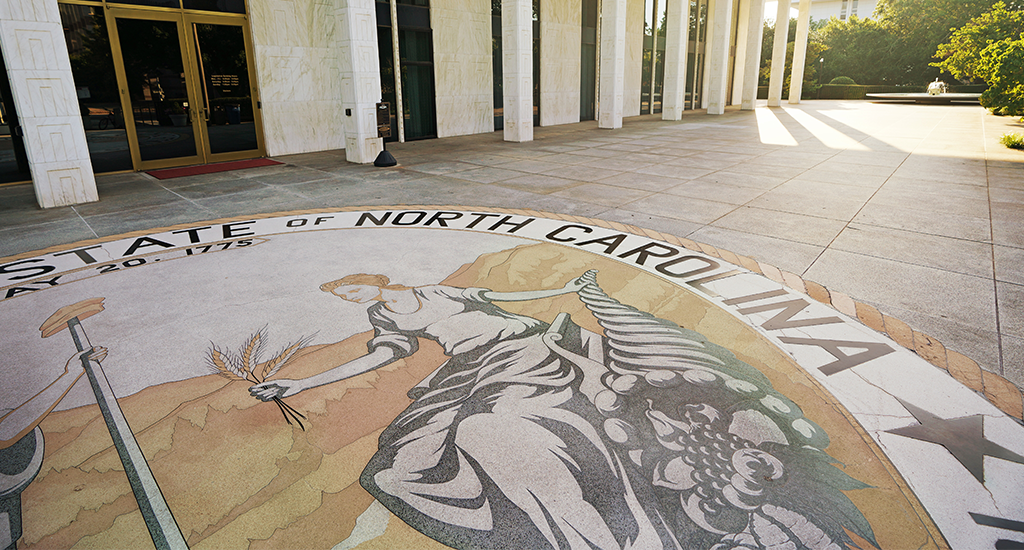
Summary and News
The North Carolina General Assembly returned to Raleigh on September 9 after a lengthy pause in the state’s legislative short session. The legislature has a two-year biennium session, with most of the legislative business handled during the odd-year “long session,” and remaining legislative business taken up during the state’s even-year “short session.”
While the pause was unique for a legislature that typically works straight through the summer and often into late fall, the session did act on numerous items, including teacher raises, childcare subsidies, and a constitutional amendment that will ask North Carolinians to approve more stringent voter laws.
As of October, what has not crossed the finish line is a state budget. The House passed its $31.7 billion budget with an additional 2% bonus for state retirees in June. Meanwhile, the Senate did business as usual, passing its own $31.4 billion budget, and excluding retirees from a bonus.
Several bills providing cost of living bonuses for state and local retirees were filed and remain in committee. House Bill 930 provided a 3% recurring cost of living adjustment for both local and state retirees. Two other House bills, with matching companion Senate bills, provided for a 2% cost of living bonus, House Bill 581 and Senate Bill 652, as well as House Bill 934 and Senate Bill 805.
While retiree advocates established several avenues to secure additional bonus or adjustment money, the budget breakdown left these efforts, as well as hundreds of other pieces of legislation, in limbo. Of all legislation filed for the 2024 session, 30 bills became law. Eight of those bills were vetoed and three of those vetoes were overridden by the legislature.
Legislation on campaign finance, masking, and the increasing of private school voucher funding have been among the most debated topics in this session by the General Assembly.
Voters will see a constitutional amendment on the ballot this November. The State Constitution currently includes language prohibiting non-citizens from voting in North Carolina. The amendment would strike the language that “Every person born in the United States and every person who has been naturalized” and replace it with “Only a citizen of the United States who is 18 years of age and possessing the qualifications set out in this Article, shall be entitled to vote at any election by the people of the State, except as herein otherwise provided.” Three other proposed amendments remain in discussion among legislators, but now are unlikely to appear on the November ballot.
Your NCRGEA Government Affairs team is already working for you for the 2025 long session. Stay tuned to our legislative updates via email, track relevant bills through our FastDemocracy NCRGEA Bill Tracker, and please participate in calls to action and more ways to share our priorities with legislators and other elected officials.
